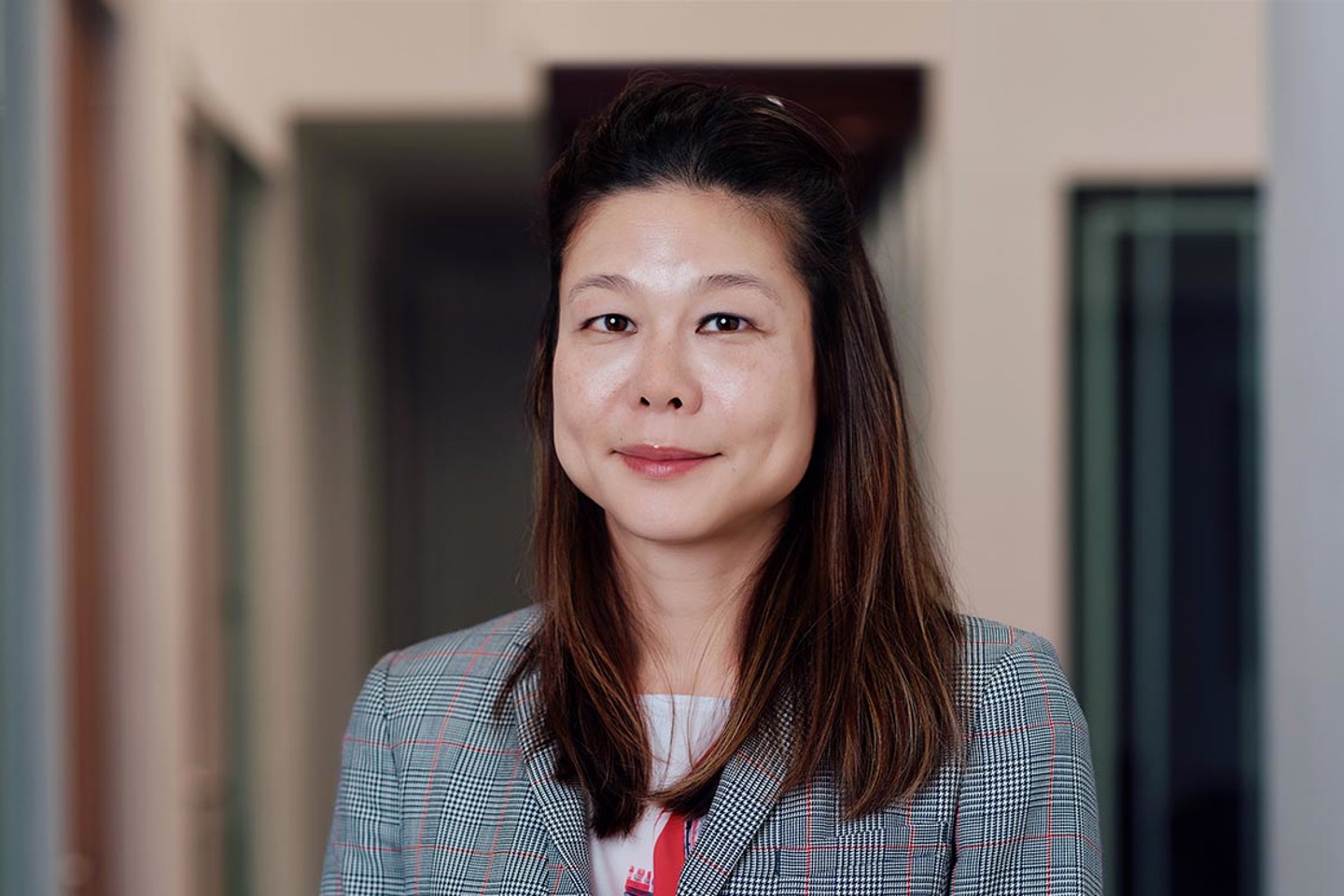As the international response to the Covid-19 outbreak continues to develop, we know that wealthy individuals and families in the GCC are facing significant challenges. Underpinning these challenges is an undercurrent of uncertainty, particularly with regards to the future of the economy.
The lockdown has meant families have had more time to consider issues affecting their investments and family businesses. Also the death rate caused by the pandemic has brought succession planning to the forefront of many minds.
However, given the uncertain economic outlook, families may not know what their assets might look like post Covid-19 which may make the establishment of long term structures or any meaningful restructuring for succession purposes difficult to plan and achieve.
Notwithstanding the challenges, the uncertainty caused by the pandemic will have focussed families’ minds on what is important to them and it would be a shame if steps are not taken now to capture those thoughts before life hopefully returns to normal.
In this article, we examine some concerns facing GCC families amidst the Covid crisis and the steps they can take to address them.
The economic impact and asset protection
Saudi Arabia is the largest producer of oil in the world, and despite efforts to diversify the economy it continues to rely heavily on oil for revenue. Oil prices were falling even before the pandemic, and the global lockdown caused by the Covid crisis has exacerbated the problem. At the time of writing WTI crude trades at around $24.60 a barrel, far below the range Saudi Arabia needs to balance its budget. To address this fall in revenue, the Saudi government had to take drastic measures and increased its VAT to 15% on 15 May as well as cutting spending on major projects by around $26 billion.
The governments of the other GCC countries have not followed the steps taken by the Saudi government to date but it is foreseeable that they may also need to find alternative funding to compensate for the fall in GDP. For example, the Dubai economy which relies heavily on tourism will have suffered significantly during the Covid crisis. The closure of Dubai International Airport and all the shopping malls will have caused significant losses to businesses in the aviation, hospitality, tourism, retail and commercial property sectors, to name a few.
Unfortunately as with all economic downturns, there will inevitably be a greater number of businesses becoming insolvent as well as creditor claims which no doubt will concern many GCC families. It may be prudent for families to review their businesses as well as other assets in order to determine which assets would be at risk of being attacked by creditors should the main family business and investments lose value. If possible, families should consider asset protection structures which shield personal assets from the business/investment assets which are exposed to creditors.
Timing is critical when it comes to putting in place asset protection structures. If structures are only established once creditor claims have arisen or are likely to arise, it may be too late for the structuring to be effective.
In considering where to establish effective asset protection structures, families should consider jurisdictions which have a robust rule of law and legislation which can insulate the assets within the structure so as to safeguard against creditor attacks. In Jersey, the Trusts Law contains what is known as the firewall provisions. The effect of these provisions is that if a creditor were to obtain judgment outside of Jersey, for example, to claim any interest in the trust property of a validly created Jersey trust, such judgment would not be recognised by the Jersey courts. This means that it would be very difficult for creditors to claim any interest in the trust property.
Death and succession planning
The high death rate globally caused by Covid will no doubt make patriarchs and matriarchs reflect on their own health and possibly their mortality, whether or not due to the risk of contracting Covid. At the start of the pandemic, there was a rush of wills being made, particularly by elderly individuals. The rush seems to have subsided, but for the wealthy families, wills alone may not be an effective succession tool.
Families who have existing structures should look at the governance model of their structures and identify any key man risks. For example, it is often the case that the patriarch and matriarch wish to retain control of their structures. Therefore, it is important to consider whether there are any successors who can take over their role once they have passed away.
Whilst the governance structure may be easy to implement when there is a single person or a couple in control in the form of patriarch and/or matriarch, matters may be much more complex where control is passed to the next generation especially where there are several children.
The question of how parents should pass their wealth to their children equitably is not an exact science and there is no one size fits all solution. Any succession model, in order to be successful, will require careful thought and engagement by all members of the family and most important of all, such engagement will take time. For example, whether Sharia law should apply to all the assets or just the GCC assets will not be an easy question to address in a short period of time. Therefore, families who have turned their mind to matters of succession during the lockdown should start the dialogue and channel their thoughts into a constructive framework.
Another aspect of the lockdown is that families may have had a chance to reflect on their lifestyle and where they may wish to reside in the long term. For example, the lockdown requirements in most of the GCC countries were far stricter than the lockdown measures in the US and some European countries. Families may consider whether to establish second homes in countries outside of the GCC in the event that they go into lockdown again. This may in turn affect the families’ investment strategy as they may wish to invest in the country or regions close to where they have the second home.
Conclusion
The Covid crisis has accelerated changes in the region and has had a significant impact on the economy. It is inevitable that some businesses will not survive the crisis so families should consider putting in place asset protection structures to shield their non-business assets from creditor attack.
It is understandable that given the uncertainty the pandemic brings, families may not be able to establish or change structures for the long term. However, issues concerning succession take a long time to articulate and implement, therefore families should start engaging with these issues and those who already have a succession strategy in place should revisit it in light of the changing times.
Author - Nancy Chien, Partner
This article was first published in the 2020 eprivateclient Middle East Report, September 2020.
No Content Set
Exception:
Website.Models.ViewModels.Blocks.PageBlocks.CardBlocks.DownloadCardBlockVm
Locations: BVI | Cayman Islands | Guernsey | Jersey | Singapore
Related Services: International Private Client | Trusts & Foundations | Family Offices



